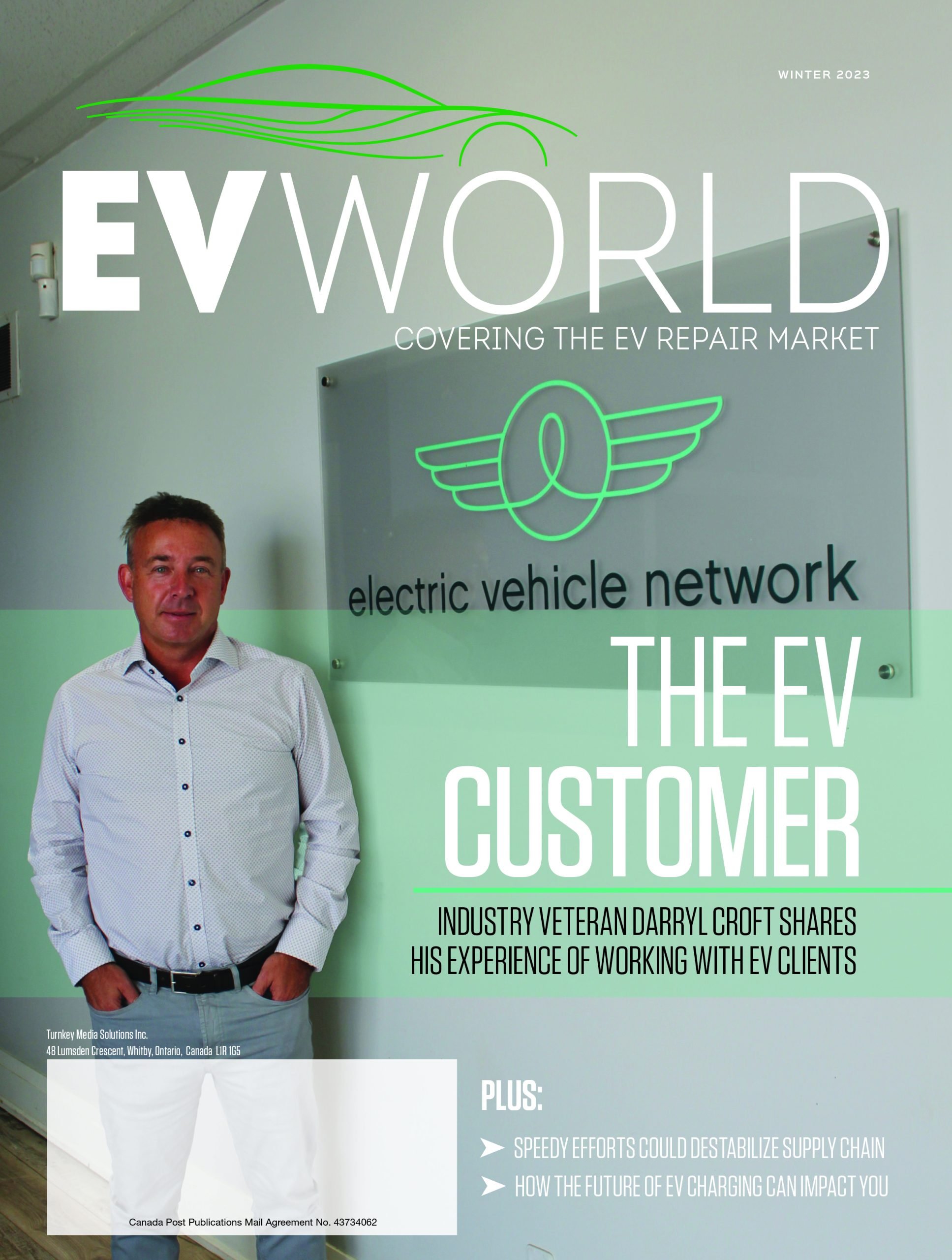
EV World: Electric vehicle boom portends industry breakdown
Decision to rachet up production could end up stalling EV in the end
 The rapid push to decarbonize transportation is moving almost too swiftly.
The rapid push to decarbonize transportation is moving almost too swiftly.
While the electric vehicle market experiences growth and surging demand, it also faces significant pressure that could strain the entire supply chain.
Underscoring it all is nickel supply. Nickel is an essential component in EV batteries. But it’s at risk of running short. This could cause major disruption. Yet, despite the global push towards manufacturing, EVs remains in full gear with no signs of slowing down ahead.
A fragile EV supply chain
The shift towards an electric-everything future requires cohesion across key industries. Evidently, this has not been the case.
For governments and automakers, much of the focus has been on consumer buy-in. Now achieved, miners, who sit at the end of the supply chain pipeline, are finally being brought into the picture. This backward approach has the potential to cause major disruption.
This is because batteries are at the heart and center of electric vehicles. Made up of lithium, cobalt and 64 pounds of nickel, mining is the only way to get these materials. And according to the U.S. Department of Energy (DOE), by 2025, nickel supply will be deemed critically low.
This leaves the domestic mining industry to quickly extract these essential metals. The problem is this process is not quick. On top of this, nickel miners face ongoing challenges from permit approvals to community pushback.
Looming threat to affordability, accessibility
With a limited supply of resources and heightened demand, the affordability and availability of EVs are threatened. At this rate, EVs will continue to maintain high price points and long wait times. The current wait time for an EV is anywhere from two months to three years.
As appetite picks up and more countries come on board, wait times will only stretch further if current issues stay unresolved.
Heavy reliance on Asia
With domestic nickel supply under intense strain, all fingers point to Asia. To avoid a complete supply chain breakdown, governments are depending on non-free-trade countries like Indonesia for supply.
To be contingent on another country for resources is not atypical. However, as the world’s largest supplier of nickel, Indonesia’s political hold on the resource leaves room for future supply risk. It also clashes with the global energy transition at its core, as Indonesian nickel output relies on coal-powered execution.
Navigating the energy transition
The challenges brought forward by EV popularity are significant, but they also present opportunities for innovation and growth.
The turn towards cleaner and more sustainable transportation stems from rising concern over climate change, air quality, high operating costs and greenhouse gas emissions. To secure our energy future, we must refocus and reprioritize domestic nickel supply and mining.
By addressing these challenges within the broader EV ecosystem, we can pave the way for a greener and more sustainable future for all. Nickel will be at the heart of it all, powering the future of transportation.
Gregory Beischer is the CEO and President of Alaska Energy Metals
This article originally appeared in the Winter 2023 issue of EV World
.png)








Have your say: